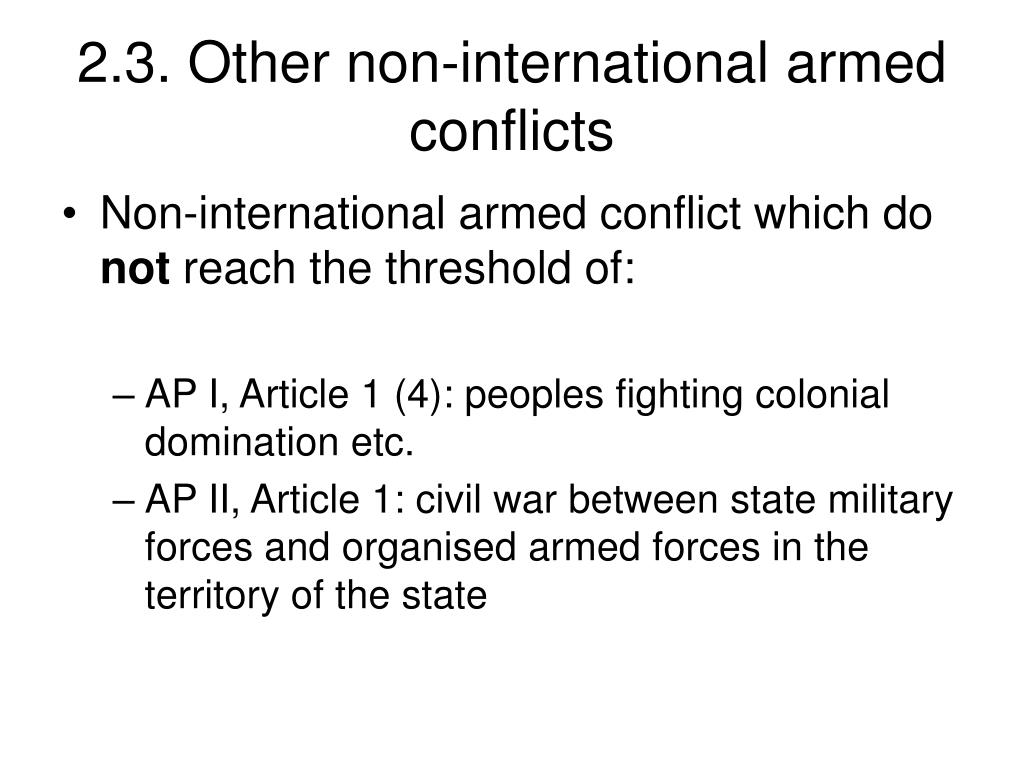


Trial Chamber II endorsed the definition of military necessity set out in Article 14 of the Lieber Code, which provides that “ilitary necessity, as understood by modern civilized nations, consists in the necessity of those measures which are indispensable for securing the ends of the war, and which are lawful according to the modern law and usages of war”. The concept of military necessity is mentioned in footnote 62 of the Elements of Crimes, which specifies, with reference to the requirement that the perpetrator intended to appropriate the items for “private or personal use”, that “s indicated by the use of the term ‘private or personal use’, appropriations justified by military necessity cannot constitute the crime of pillaging.” The Chamber notes, however, that the concept is not explicitly defined in the Statute or Elements of Crimes. For instance, a Chamber may consider whether the acts of pillaging involved grave consequences for the victims, even if these consequences are not of the same seriousness for all victims involved if a large number of persons have been deprived of their property and/or the context in which the pillaging occurred.ġ23. The Chamber adopts the Pre-Trial Chamber’s approach that determination of the seriousness of the violation is to be made in light of the particular circumstances of the case. In the Chamber’s view, this is, however, compatible with the stance that the prohibition of pillaging covers both individual acts of pillage and organized pillage. Article 8(2)(e)(v) relates to “pillaging a town or place’’, and therefore the pillaging of a single house would not suffice.

In line with the Pre-Trial Chamber, the Chamber considers that pillaging, pursuant to Article 8(2)(e)(v), goes beyond “mere sporadic acts of violation of property rights’’ and involves the appropriation of property on a “large scale”.


 0 kommentar(er)
0 kommentar(er)
